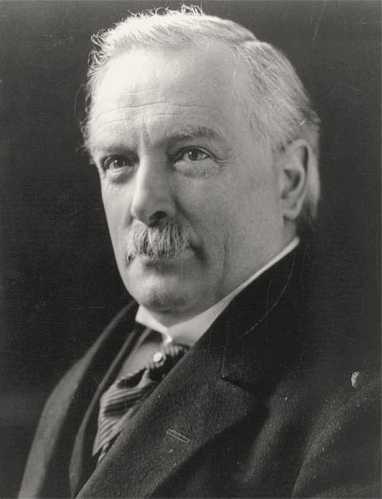5.5 The individual in history
Judging any politician as either ‘hero’ or ‘villain’ is inevitably a subjective exercise, conditioned by our own ideological preferences. It is also a highly artificial device, as few individuals are so good or so bad as to fit neatly into either category. As historians, therefore, we need to aim for a more balanced assessment, which takes into account not just the actions or beliefs of the individual in question, but also the contexts and environments in which they operated.
This brings me onto another key theme in this section: the importance of the individual historical actor. The Victorian writer Thomas Carlyle suggested that ‘the history of what man has accomplished in this world, is at bottom the History of Great Men who have worked here’ (1907, p. 1). In the nineteenth century every great man had to have at least one biography, usually a multi-volumed work written by an admirer, associate or relative, replete with extensive quotations from letters and speeches. Such works tended to be largely uncritical and enthusiastic endorsements of the importance of their subject, verging on hagiography. Today such volumes appear quaint: dusty tomes with thick, often uneven pages, overwhelmingly interested in the public life of the individual, occasionally concerned to whitewash dubious or controversial dimensions of their stories. They sat uneasily alongside the increasing professionalisation of history with a capital ‘H’, history as a discipline, ostensibly objective, evidence-based, and concerned with wider trends and grander themes than individual lives.
Karl Marx, a very different kind of Victorian, famously wrote that ‘Men make their own history, but they do not make it just as they please; they do not make it under circumstances chosen by themselves, but under circumstances directly encountered, given and transmitted from the past.’ (1954, p. 10). The role of individual action was thus tightly circumscribed: the Napoleons of history were understood as part of broader trends, as representative of particular moments. Individuals played key roles in history, but their specific identity was almost irrelevant – if it had not been a Napoleon it would have been another French general, so the argument ran.
Yet can such a perspective ever be fully satisfactory? As Richard Evans has pointed out, ‘To reduce every human being to a statistic, a social type, or the mouthpiece of a collective discourse is to do violence to the complexity of human nature, social circumstance and cultural life’ (1997, p. 189).
Historical biography is vital because it places people at the centre of the processes by which we understand the past. Of course biography cannot be severed from its broader historical moorings. No life can be understood apart from the society in which it was lived. Yet we can also agree that the individual life may reveal much about the moment in which it was lived. One of Marx's more rarely quoted aphorisms appears relevant here: ‘Every social epoch needs its great men and if it does not find them it invents them’ (1979, p. 92).

